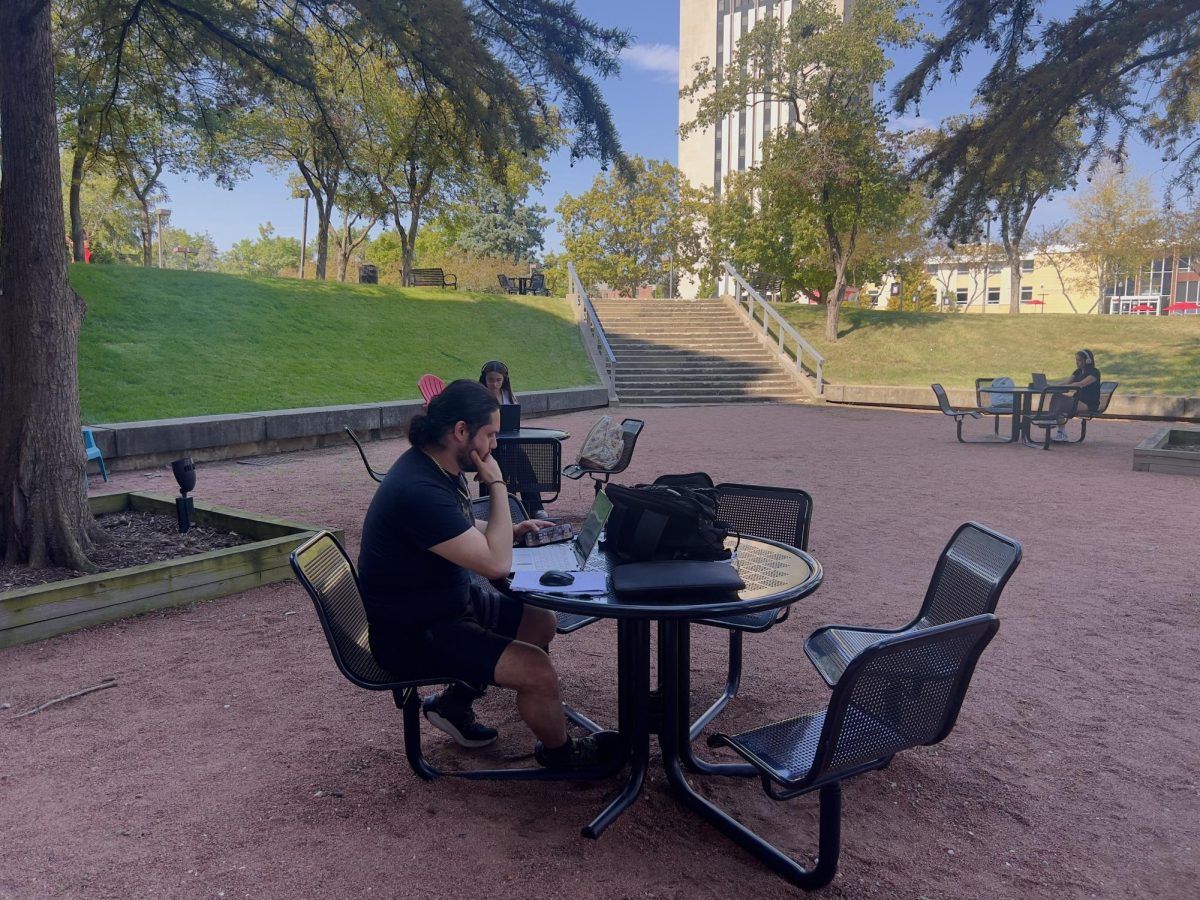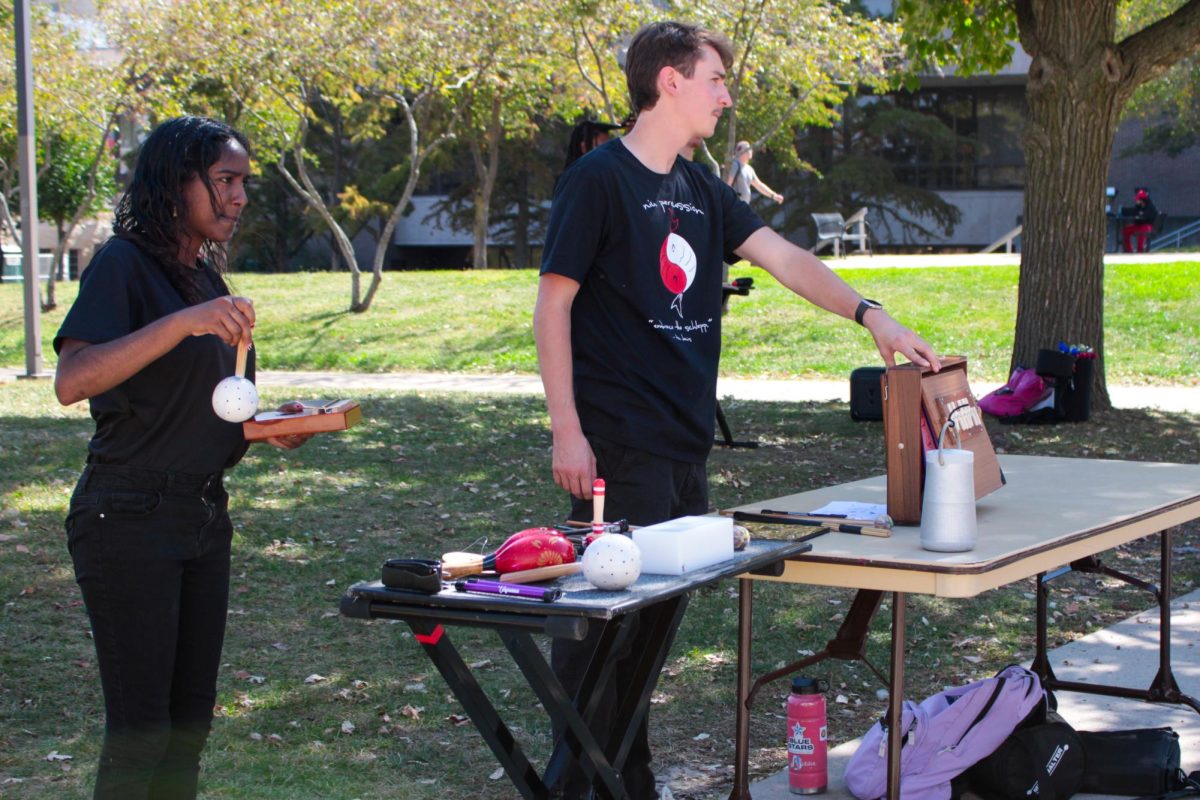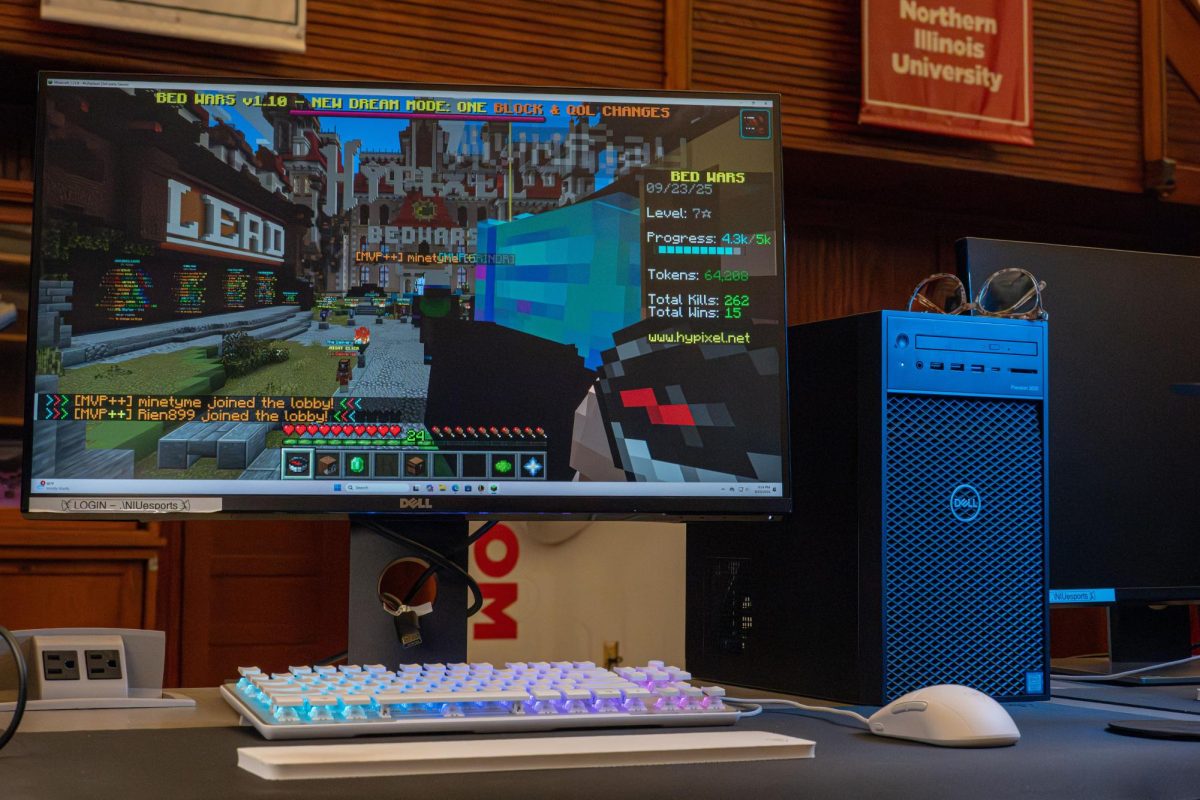As the semester progresses, instructors are starting to roll out more assignments and tougher, time-consuming projects. Whether you are feeling good or worried about your studies, here are five tips from the Huskie Academic Success Center to help increase your chance of academic success this semester.
Stay vigilant on upcoming assignments, projects and exams
It’s easy for an assignment or exam to go completely unnoticed until the due date, causing you to rush out an assignment that is “good enough” or hurriedly cram some late night, caffeine-filled studying in for the next day’s exam.
To ensure that these situations don’t happen or rarely occur, make sure to keep track of all upcoming assignments and other key projects using your class syllabus combined with other planning methods.
Utilizing and consistently reviewing the class syllabus is one of the best ways of staying ahead of the game and on top of assignments, deadlines and class-specific guidelines.
Whether it be physical or digital, having the syllabus on hand can give you a viewpoint of what’s to come and what to manage your time for.
If you want to take it one step further, consider using other planning methods such as a planner, notepad, a spreadsheet, Notion or Google Calendar to schedule when you’ll tackle something during the day.
Teslin Kerley, an administrative aid to the Huskie Academic Success Center, noted how so many things can pile up at once and it’s important to stay on track and plan in order to make the most of all your time.
“College students’ lives are so busy and there are so many things that pop up,” Kerley said. “Having a visual layout of what their schedule is really helps highlight when those spaces are that sometimes we overlook.”
Find a way to take notes effectively
Whether you prefer to handwrite your notes or type them, it can be challenging to find the right path to good notetaking.
When it comes to in-class notetaking, it can be easy to focus on typing or writing down pieces of the lecture without really learning anything in the process.
In order to really learn, review your notes after the lecture and explain it to yourself in your own terms to reinforce the intake of new information. Taking notes on the lecture subject ahead of time can also help to fill in those missing gaps.
Kerley commented on how filling in the blanks by combining in-class and out-class notes is a great way to learn and answer the most questions.
“I think an important thing to also take notes of are ‘what questions do you still have,’” Kerley said. “So you can keep track of those when you go into class and making sure those gaps in your knowledge, those questions you have, are being answered. But also making notes of connections you’re making with what you’re currently reading and what you’ve already learned in that class or in other classes before.”
The Learning Center at University of North Carolina Chapel Hill recommends a variety of methods including focusing on the main points of the lecture and jotting down keywords and names.
Plan a healthy amount of study time
The last thing anyone wants to do is study for eight hours straight and have your brain fried at the end. If such study time is necessary, it’s critical to pace yourself and take breaks.
The Pomodoro Technique is a common tool college students can use to study: Set a timer between 25 to 50 minutes and focus on the task at hand for that amount of time.
Once the time is up, take a five to 10 minute break to stretch, get water or anything else you may want to do. If you have more work to get to after the break, repeat the cycle.
Form or find a study group
Study groups are a very common and effective method of learning new material, especially if everyone in the group shares the same topic.
According to Harvard University, study groups are an excellent way to not only strengthen your understanding of course material but also encourage completion of work.
Study groups can be a great way to share notes, collaborate, get help on difficult concepts and to serve as motivation. If you want to join one for a class, ask your classmates if they already have one. If they don’t, ask if they would like to start one. Sometimes even asking a professor can point you in the right direction toward finding one for your class.
Avoid all-nighters
They may be popular and a common trope in movies and TV shows, but all-nighters can backfire and be an inefficient way to study. NIU advises against all-nighters for self-care reasons, especially during exams.
Pulling an all-nighter can reduce attention span, slow down reaction time, restrict creative thinking and innovate problem-solving and impact memory formation, according to research from Stanford University.
Kerley recommended that carving out time in your day to study while still making time for necessities such as eating and sleeping is an important balance.
“We tend not to recommend cramming in our office,” Kerley said. “Really having kind of spaced out studying practices is a lot better for being able to actually recall information and do well on exams. Really honing in on your time management skills and finding those study times that are spaced out before big deadlines is always preferable to all nighters.”


















